Top 7 things to consider when choosing an ERP System for an Importer and Distributor
- Christian Riechert
- Feb 9, 2014
- 4 min read
Many of our clients over the years have been struggling to determine the importance of various accounting, finance and logistics functions in the various ERP (Accounting) Software system they review. As a result of years of meetings with various management teams in the wholesale / distribution and importing business, I would like to submit the following list of items for your consideration:
Tracking of multiple Locations: Although a number of small to mid-size companies only have a single physical location, we typically recommend the tracking of various logical inventory locations. These logical locations include in-Transit, Drop Ship, Customer Returns, Vendor Returns and Receiving locations which allow you to logically separate the inventory items from your main inventory. This issue is critical if your FOB terms and conditions are origination where you take legal possession of the items when they are shipped, not when you receive them.
Landed Cost: An often ignored inventory valuation issue, landed cost can be critical to the successful management of a distribution company of imported products. In addition to the product cost, many companies have to pay additional expenses to import the product into the country such as container shipping fees, airfreight charges, brokerage fees, duties, harbor fees and trucking expenses. It is a mistake to simple expense these items instead of including them into the cost of the inventory item. If you do, you have to contend with the skewing effects these expenses will have on your Cost of goods sold as you will record these expenses when you receive the product and not when you sell it as your regular Cost of Goods. Also, your inventory item itself is undervalued and the stock status report will not reflect the value of the inventory accurately. If you company uses inventory-based line of credits, you experience a lowered value for your borrowing base report. Finally, your invoice margin will be overstated as the cost is not inclusive of these additional fees.
Multi-Currency Capabilities: Many importers either purchase product or sell products in foreign currencies. It is important that your ERP system has the ability to handle these transactions properly. FASB-52 specifically calls for a system ability to re-value past transactions using a different exchange rate that was used during the original transaction posting.
Multi-Language Capabilities: Many international trading companies have multiple offices in various locations world-wide. It is becoming increasingly important to utilize a system that has the ability to present the user interface in various languages. Double-Byte languages, such as Chinese and other asian languages, are not supported by all companies. In addition to multi-linguistic user interfaces, many system are also tasked to handle data element in various languages.
Web-Based Client Interface: Various systems have a number of choices in how to deliver the client access to the employees of the company. It is critical to select the correct infrastructure to deliver a client user interface to the various human resources. The infrastructure can include options to access the system from web-based clients on different operating systems, Tablet Operating Systems such as iOS, Hosted Servers and Workstations with various hosting companies such as Azure by Microsoft. As part of your requirements analysis you need to consider the nature of your human resources and their physical access to the system.
Serial/Lot Number tracking: Depending on your industry, most customers and local, state or federal agencies expect a company to be able to track its components or finished goods with Lot, Batch or Serial Numbers. If this applies to your industry, make sure to check this feature set in any ERP solution you are reviewing.
Workflow Management: It many companies, the ability to electronically track and approve sales or purchasing transactions is critical. Workflow management features in an ERP solution allow you the ability to create rules to request approval or track sales and purchasing activity via e-mail or other forms of electronic notification. A workflow management system can be used to properly route sales order and/or purchase orders to the proper entities for immediate processing.
Reporting / Query Creation, API Capabilities: The ability to track information in your system is only half the battle. Some of the critical pieces for a successful ERP solution include the ability to easily query and export data from your system to external business analysis tools for further review. Getting a system which makes the retrieval of information easy and manageable to the average user can be very important to the users of an ERP system. Some systems simply report on data, while others have Key Performance Indicators (KPI) pre-programmed which are industry specific and allow the user to quickly identify issues with items or customers based on KPI analysis. Most systems today require the easy consumption and distribution of data with related sub-systems such as EDI, eCommerce or 3PL facilities and the API (Web Services) capabilities and architecture can become a crucial building block.
These are some of the critical issues that we have found to be important when selecting an ERP solution. Please make sue to start your own checklist in the process of system selection.
For any more questions, please feel free to contact CBR Technology Corp at Tel (855) 227-00700.








Comments